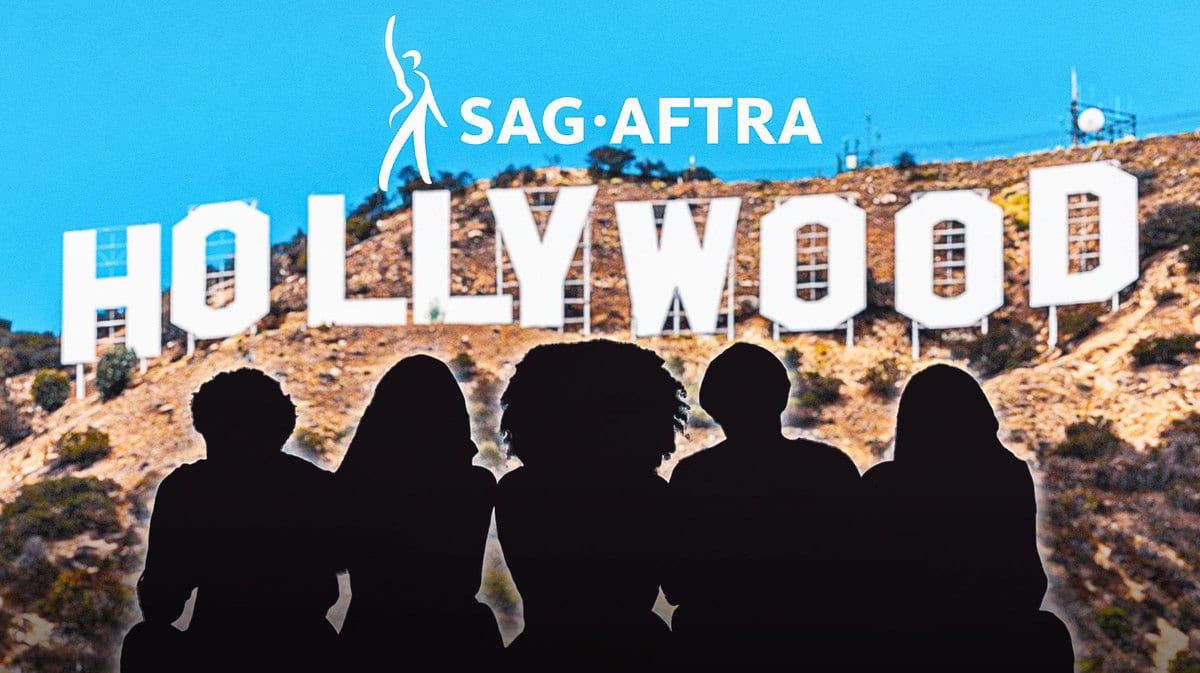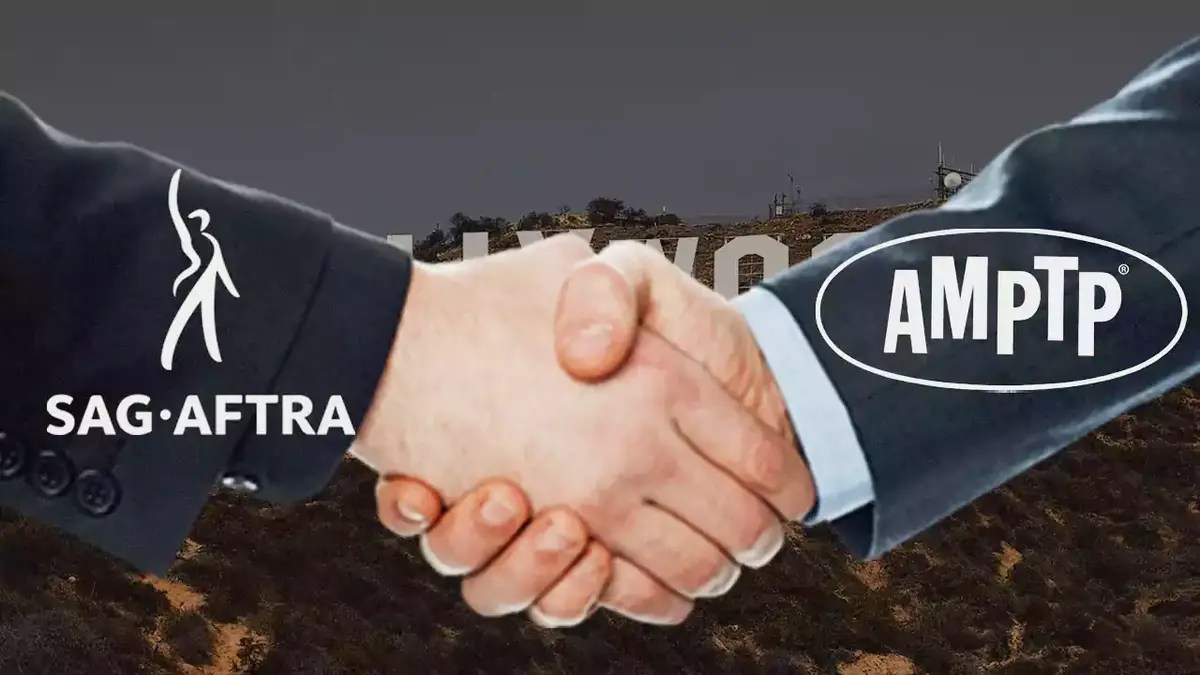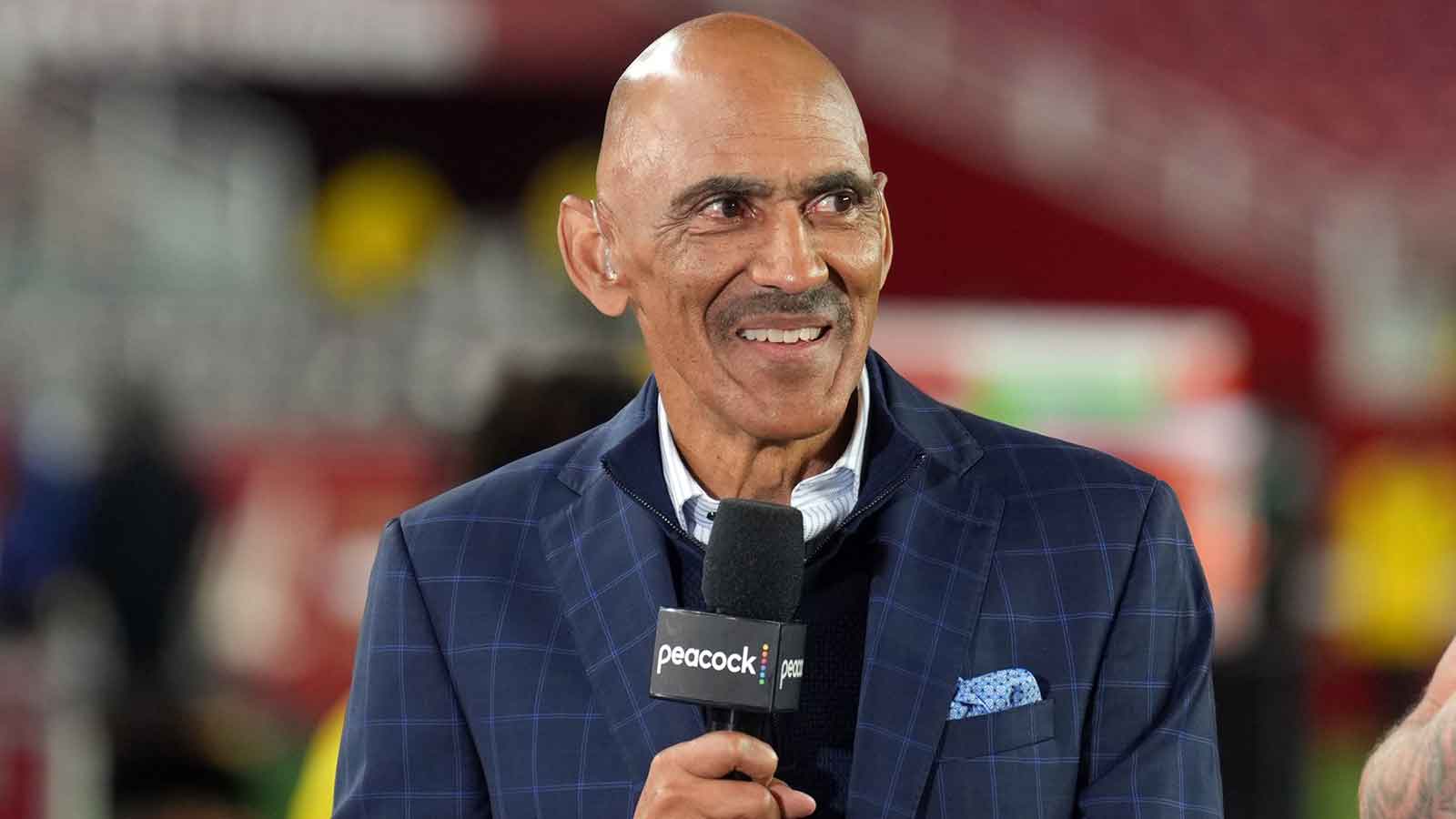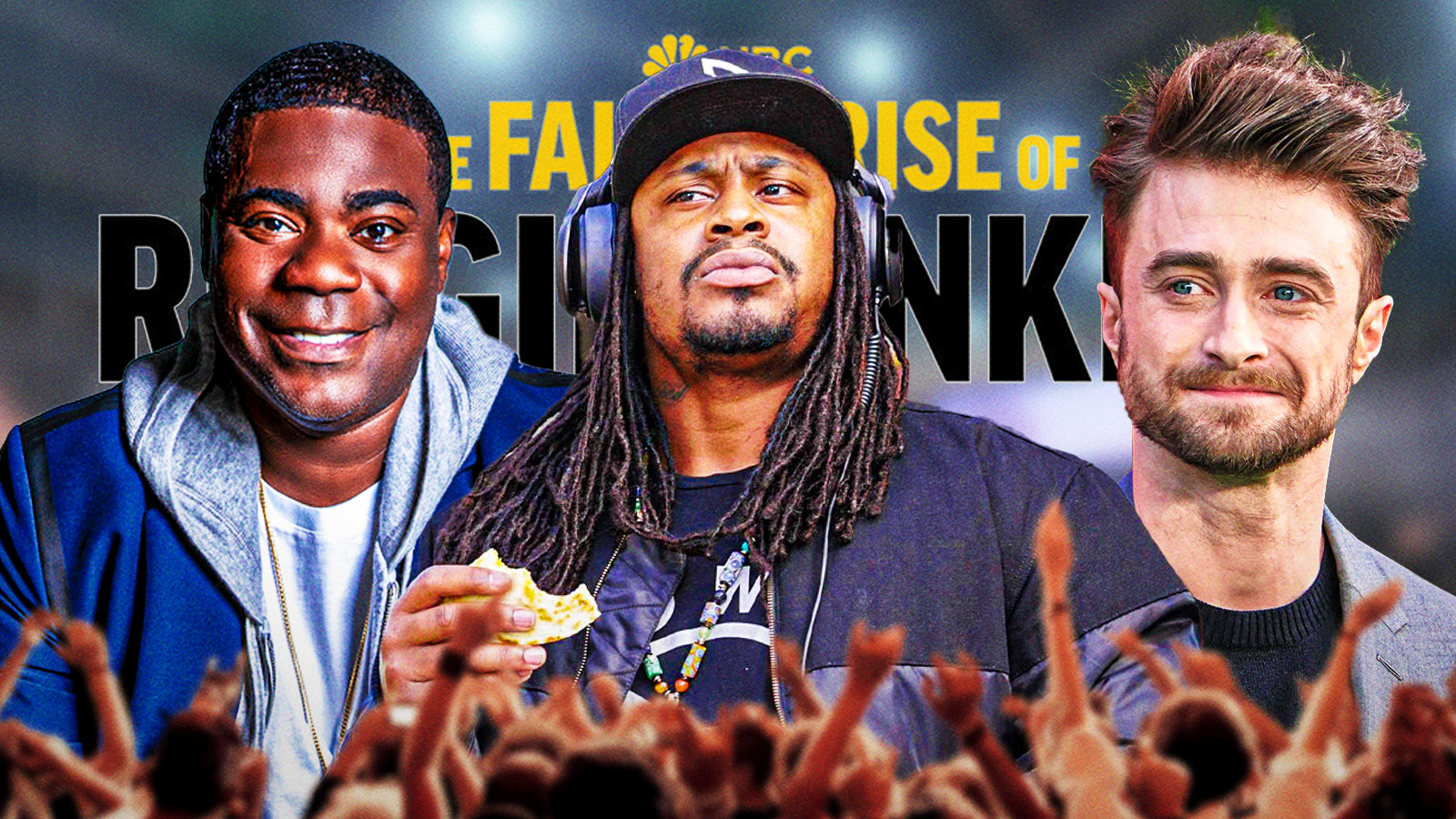SAG-AFTRA members have voted to ratify the much touted $1 billion dollar deal that ended the historic 118-day strike, according to The Hollywood Reporter.
The voting ended on the evening of Dec. 5, Tuesday, with 78.33% of the guild voted “yes” and 21.67% voted “no.” There was a 38.15% turnout. With the deal now ratified, the new agreement will take effect retroactively from June 9 to June 30, 2026.
SAG-AFTRA 2023 contract ratification: a new era

“This contract is an enormous victory for working performers, and it marks the dawning of a new era for the industry. Getting to this point was truly a collective effort,” SAG-AFTRA president Fran Drescher said in a joint statement with national executive director Duncan Crabtree-Ireland.
“SAG-AFTRA members have remained incredibly engaged throughout this process, and I know they’ll continue their advocacy throughout our next negotiation cycle. This is a golden age for SAG-AFTRA, and our union has never been more powerful,” Drescher added in her own statement.
The Alliance of Motion Picture and Television Producers (AMPTP), representing the studios and streaming platforms during the negotiations, congratulated the union in a statement released Tuesday night. The AMPTP described the new contract as representing “historic gains and protections for performers.”
“With this vote, the industry and the jobs it supports will be able to return in full force,” the organization added in the statement.
The new deal: historic
The new three-year deal, valued over $1 billion according to SAG-AFTRA, is more than three times that of the union's previous deal in 2020. Among the gains won are minimum wage increases by 7% in the first year, and then 4% and 3.5% in the succeeding years.
The agreement also established new guidelines on using artificial intelligence, which detailed consent and compensation rules. It also updated the rules governing virtual interviews and auditions, including self-tapes.
The contract created a success-based streaming bonus that was patterned after the WGA deal. SAG-AFTRA also won their point in raising the contribution caps to the actors' pension and health plans. The contract, for the first time, included performance capture work, recognizing it as covered union labor.
The striking actors had high expectations for the new contract, especially since it essentially stopped them from working for almost four months. According to the Milken Institute, the work stoppage due to the WGA and SAG-AFTRA strikes cost the California economy $6 billion dollars. Massive film productions such as Deadpool 3 and Dune: Part Two were delayed.
Before the ratification vote results were released, there was a debate among the union members — mostly online — over the role of artificial intelligence in the deal. Some felt that SAG-AFTRA's first attempt in negotiating the use of AI in performance work did not go far enough, especially in the use of “synthetic performers.” Others believed that while these may not seem like they're enough, they have two and a half years to learn and negotiate for more protections.
Crabtree-Ireland noted in his statement that the disagreement within the union was more a “robust debate” in a democracy. He reiterated SAG-AFTRA's purpose of existence, “to protect and advance the cause of SAG-AFTRA members, now and forever.”




















